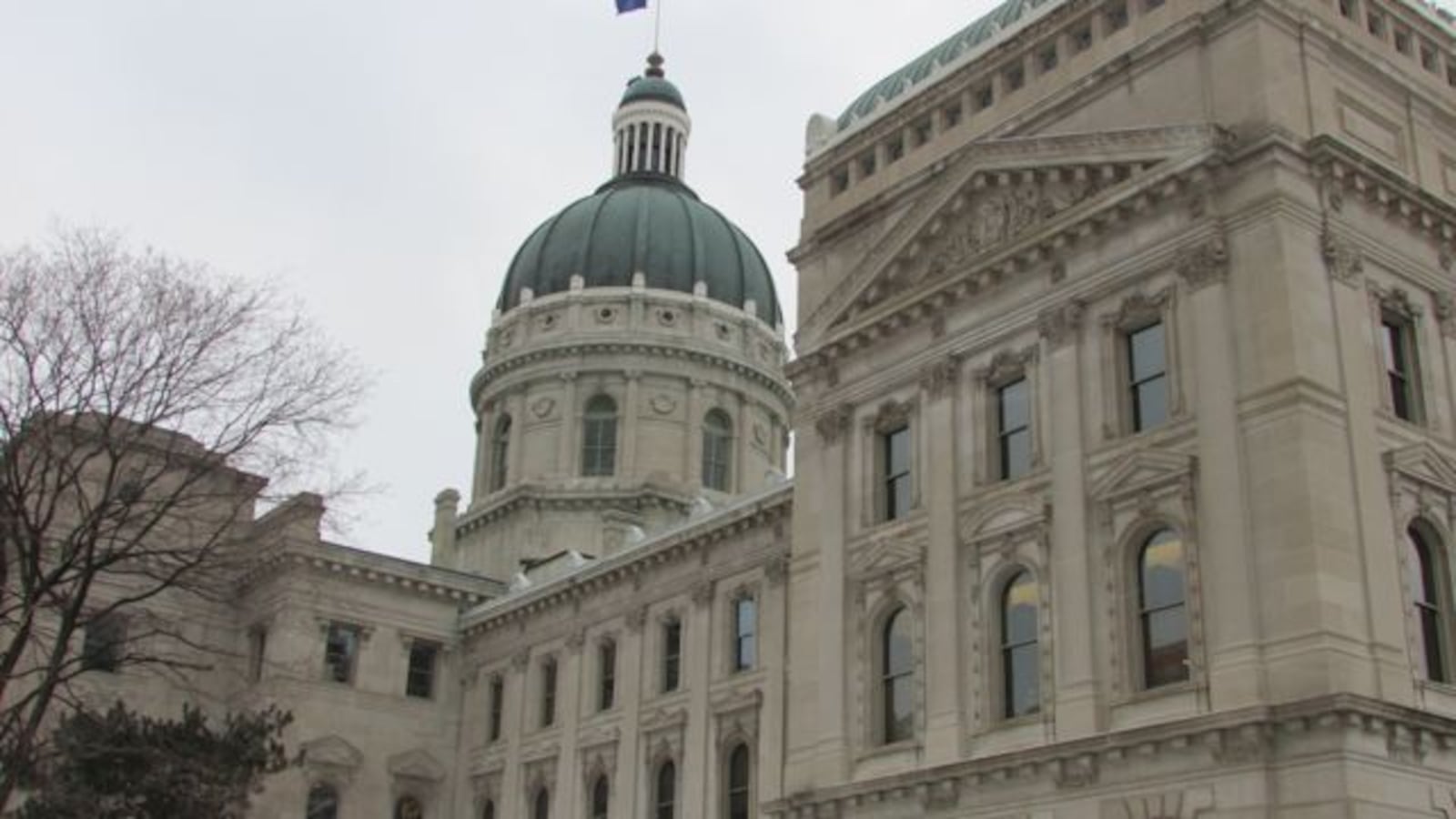Indiana’s virtual schools would see budget cuts in a proposal from state Senate lawmakers that would also cap how much the controversial schools can grow.
Amid mounting scandals surrounding two of the state’s virtual charter schools, state House lawmakers this year did not suggest upping virtual charter school funding from 90 percent of what brick-and-mortar schools receive to 100 percent as they have in the past.
But the Senate plan, voted out of the Appropriations Committee on Thursday, would reduce the funding for virtual charter schools further, to just 80 percent of what traditional schools receive. It would also cap state spending on virtual charter schools at the current $80 million level. Virtual schools within school districts, which have so far received the same funding as traditional schools, would also see their funding reduced to 80 percent.
Some lawmakers said they were trying to send a message to the troubled schools.
“The 80 percent kind of gets their attention,” said Sen. Ryan Mishler, chairman of the Appropriations Committee. “I realize that sometimes they deal with kids who are more at-risk than some of the other schools, but I think there still has to be accountability.”
Senate lawmakers have traditionally been more skeptical about virtual schools than their House counterparts, but the severity of the proposal still comes as a surprise given Indiana Republicans’ typical strong support for charter schools. Senators are also eager to cut costs wherever they can, and recent scrutiny of virtual schools make them an easy target.
Mishler said he had originally considered cutting funding even further, but he thinks it is more significant that the Senate’s plan makes virtual charter school funding a separate $80 million budget line item. He said he’s heard that there are students who enroll in virtual schools and “they just get lost and (Indiana) just pays for a kid that goes and doesn’t do anything.”
“I’m OK if the student doesn’t get an A or 100 percent, but at least show some kind of involvement and effort,” Mishler said.
Sen. Eddie Melton, a Democrat from Merrillville who proposed a bill earlier this year that would have set strict enrollment limits for the schools and change how they are monitored, said the bill was a step in the right direction but that more regulations are needed to ensure students are learning
“We’ve seen the majority of our virtual charter schools have not produced the outcomes the General Assembly has seemed to expect,” Melton said.
The funding changes could put the brakes on virtual schools’ explosive growth by removing financial incentives to drive up enrollment. Virtual charters have swelled to more than 13,000 students, with two schools that Chalkbeat investigated in 2017 alone enrolling 6,000 students — many of whom never earned a single credit, according to a recent analysis by their authorizer.
If the budget plan becomes law, the state education department would determine a maximum enrollment for virtual charter schools within the $80 million-per-year cap and a corresponding per-student dollar amount.
Lawmakers also said they want to look into factoring schools’ performance into their funding but offered no details about how that might happen.
The education department did not immediately respond to requests for comment Thursday.
Melissa Brown, head of schools for Indiana Connections Academy, said she was disappointed by the Senate budget plan, which she said doesn’t recognize the improvement happening at her school. Recent state data shows that students at Connections are more likely to receive a full course load of credits than at other Indiana virtual charter schools, and the school also rose from an F to D in last year’s state grade.
“Painting all virtuals with such a broad brush does a disservice to the virtual schools who are working hard to serve and save kids every single day,” Brown said.
Chalkbeat’s investigation of Indiana Virtual School led the state to launch a review committee of virtual schools in the state, which have historically posted dismal academic results with test scores and graduation rates far below state averages.
More recent allegations against Indiana Virtual School and its sister school, Indiana Virtual Pathways Academy, have also sparked debates in the statehouse. The school’s authorizer, the Daleville district, says the schools have thousands of students in the past couple years who have not completed classes or earned credits, as well as issues with giving state tests and serving students with disabilities.
The budget plan next heads to the full Senate for amendments. Lawmakers will ultimately have to come to a compromise between the House and Senate version before session ends in three weeks.

